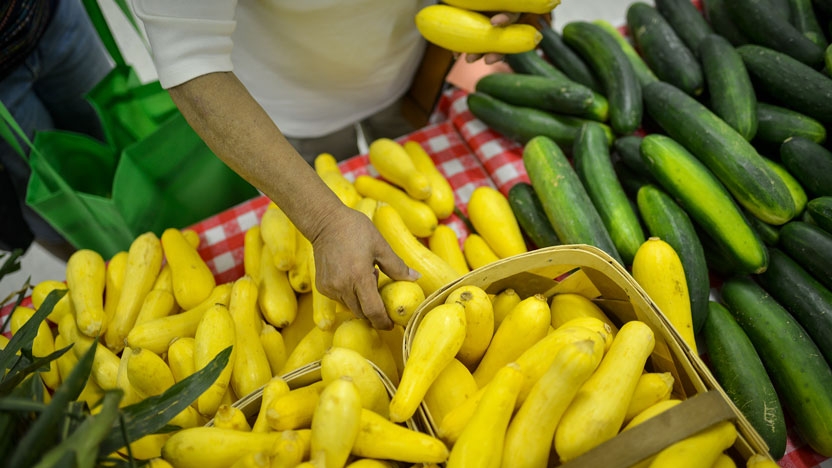Learning Goals

With exposure to interdisciplinary resources across the breadth of liberal arts, food studies students will learn to do the following:
- Understand the complex contemporary and historical factors that affect food supply and food security.
- Consider food system options and compare their environmental, sociocultural, economic, and health impacts.
- Understand the practices and politics of food and eating in a range of historical and contemporary cultural settings and social settings and analyze how eating connects to social and cultural identities.
- See how food systems are linked to local, national, and international politics and economies.
- Think critically about food and agricultural challenges and recommendations for addressing them.
- Use a political ecology frame that emphasizes who/what benefits where, and at what cost.
- Develop ideas about how individuals can contribute to food system solutions and explore multiple pathways to transformation.
